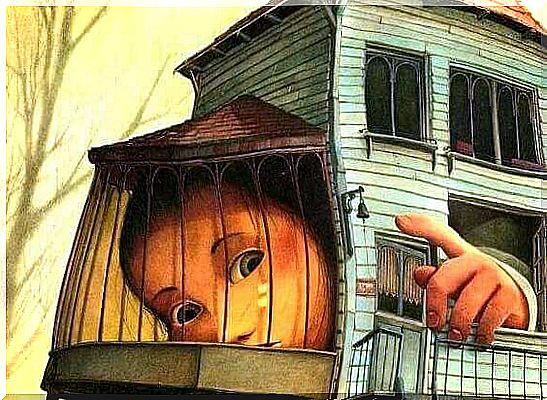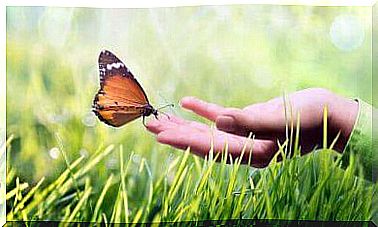The Best Reward For Children Is Recognition And Care

Raising a child is not an easy task. In fact, it is an adventure full of challenges, discoveries, rewards and punishments. You may not be a mother or a father, but you have probably had the opportunity to spend time with children. They are very cunning and explore every thing they can with you! They have never been to university and have no work experience, but they are often ready with what they want and they can combine all their energies to achieve this. They are simple and yet effective.
They follow a fuzzy path of learning where they do not stop experimenting. They fall and rise again. They try one way and if it does not work, they try another. In these experiments, they often behave in ways that need to be corrected, and therefore it requires intelligence and finesse to raise children. After a long day at work, you will certainly not get more energy. So there is no choice but to be smart with this.
Teaching children with punishment
Punishment is part of a traditional upbringing, and there are many different variants we could talk about. The most direct and socially acceptable were long to slap them, beat them or hit them with a belt. By doing this, parents wanted their children to remember the behavior they were having and the pain associated with it.

Another form of punishment is to take away some of the children’s privileges after a bad behavior. Something they enjoy, whether it’s watching TV, going to the park, their favorite food, or some favorite toy.
A third is to let the children do something they do not like, such as cleaning their rooms, studying more, etc.
We started this article by saying that raising children is not easy. Punishing them properly and at the right time requires more intelligence than slapping them. A good punishment is something that is a consequence of an act and proportionate to the “crime”. It is applied directly and consistently by the people responsible for the child, and is an effective compensation for the possible harm that has been caused.
But the punishment still encounters two major problems. The first is that an authority figure must demand the punishment and ensure that it is met. In other words, there is a risk that your children will do something that you think is worth a punishment, but you will not come to them. Therefore, you do not apply the punishment and the children learn to circumvent this and do not stop the behavior.
The second problem is that punishment does not really teach much. It points out what is bad, but it does not say what that behavior should be replaced with in order for it to be correct. Imagine punishing a child for insulting someone to get attention. If you punish the child, it may instead start hitting others, and then you have not achieved anything.
Teaching children with rewards
What gives rewards and recognition? Happiness! It’s a beautiful feeling. We should therefore teach our children rewards and recognition. A while ago I read an article that talked about the power of the green pen. The author of the article did not like something that teachers do systematically, but which is also related to upbringing, even if parents do not correct homework. There was talk of the misuse of the red pen (corrections) and the underuse of the green pen (praise).
Using a green pencil means pointing out something they have done well. It means recognizing, encouraging and motivating children to repeat this behavior or to continue in that direction. How difficult would it have been to correct with a green pencil?
The green pen has a magical power over the mind. The world is full of parents who choose to focus on the wrong steps. They do not care about praising behaviors they consider normal. They do not realize that their confirmation of these behaviors would strengthen the children.
We often start by correcting our children because they bother us. Do not scream, do not jump in bed. Whatever it is about, the message in the background is clear: do not disturb me, children.

But when the children read, play quietly with mud or learn something, we say nothing. Isn’t this sad?
We’re not talking about buying them toys or letting them stay in the park for another five minutes. We are referring to something that is the best price in the world for children: that the parents tell them that they are doing something good, that they come forward and give them hugs, or that they read to or play with them. Is there a better gift for a child than this?








